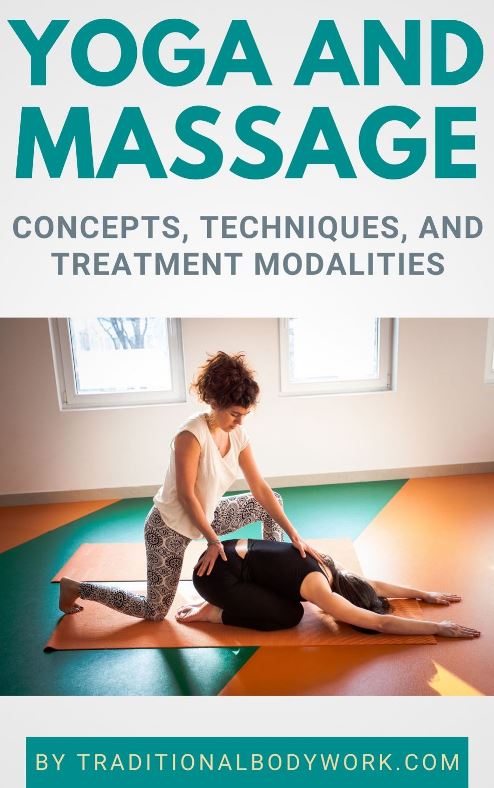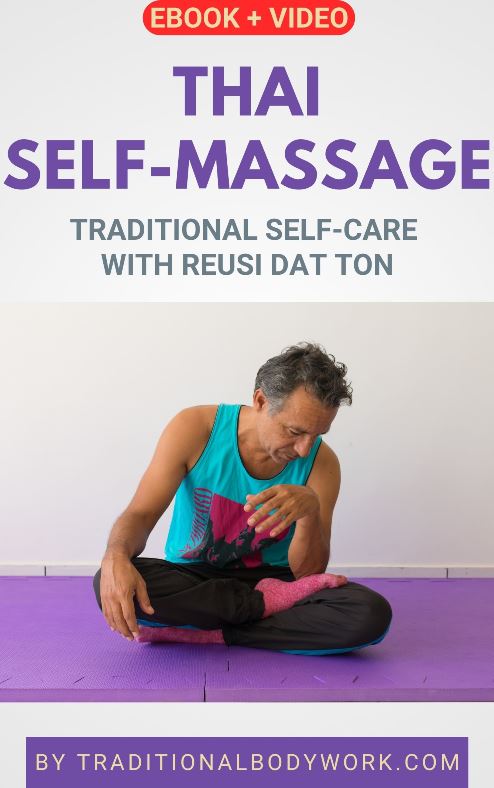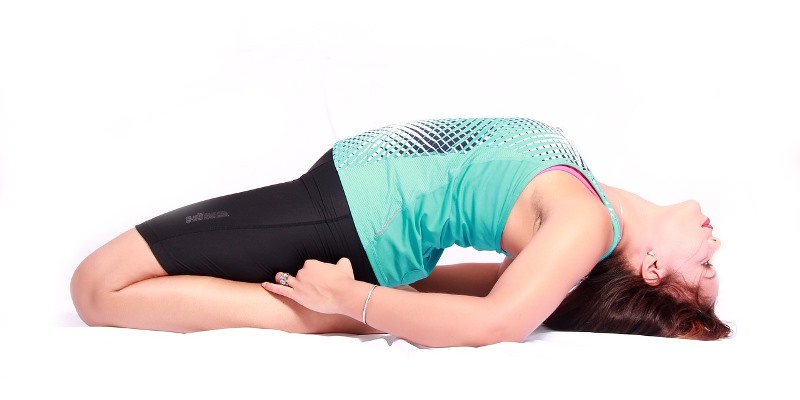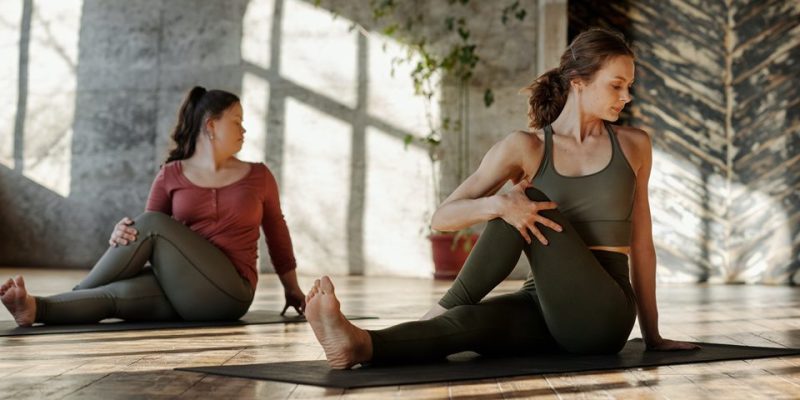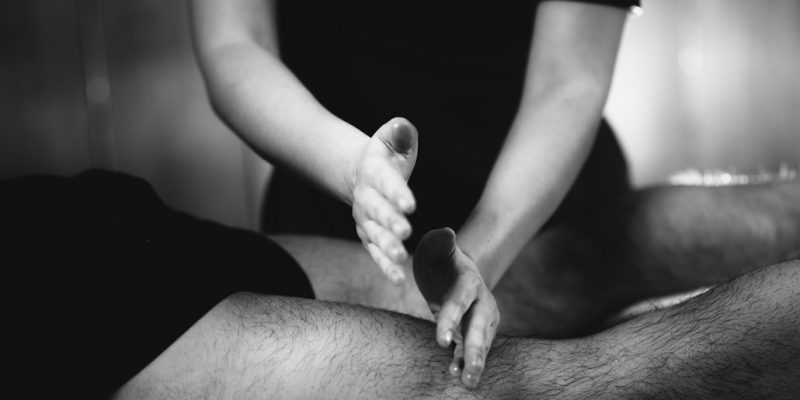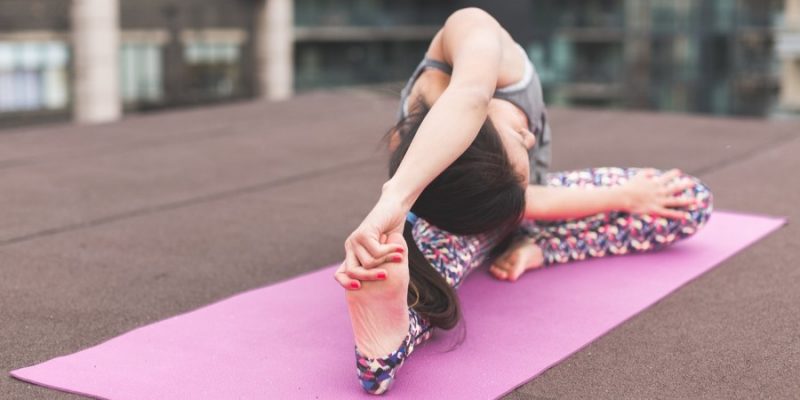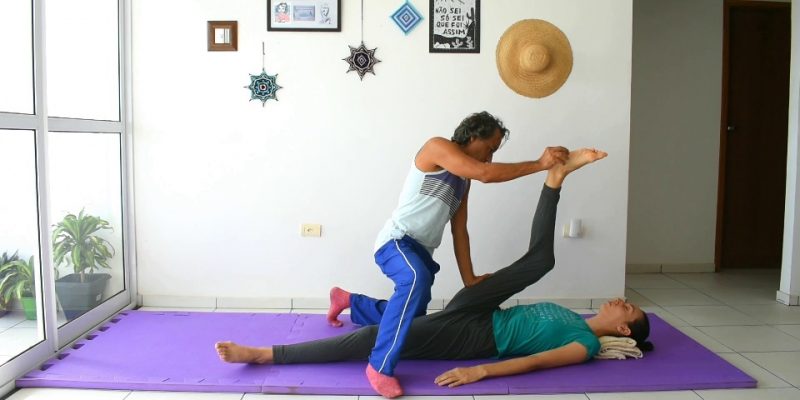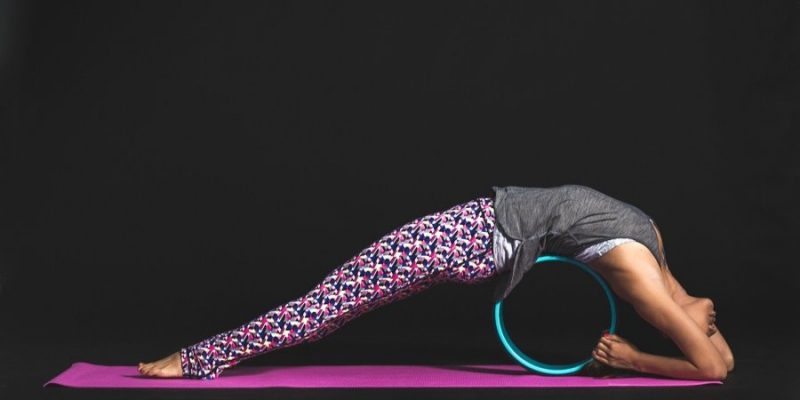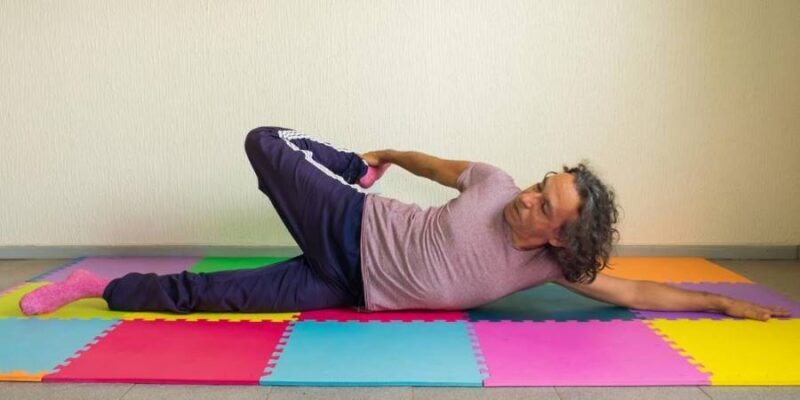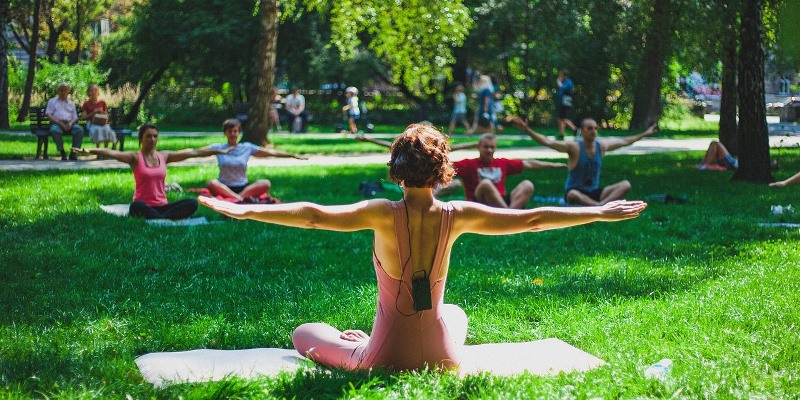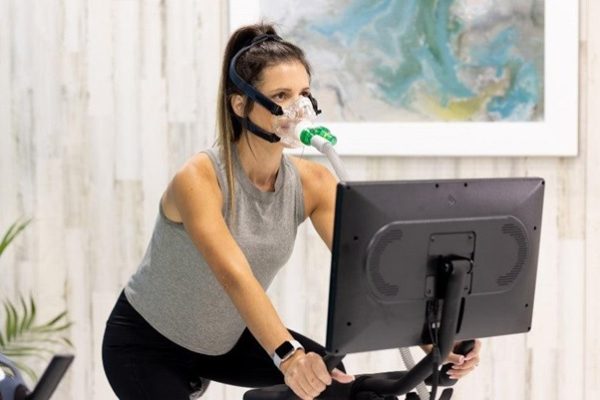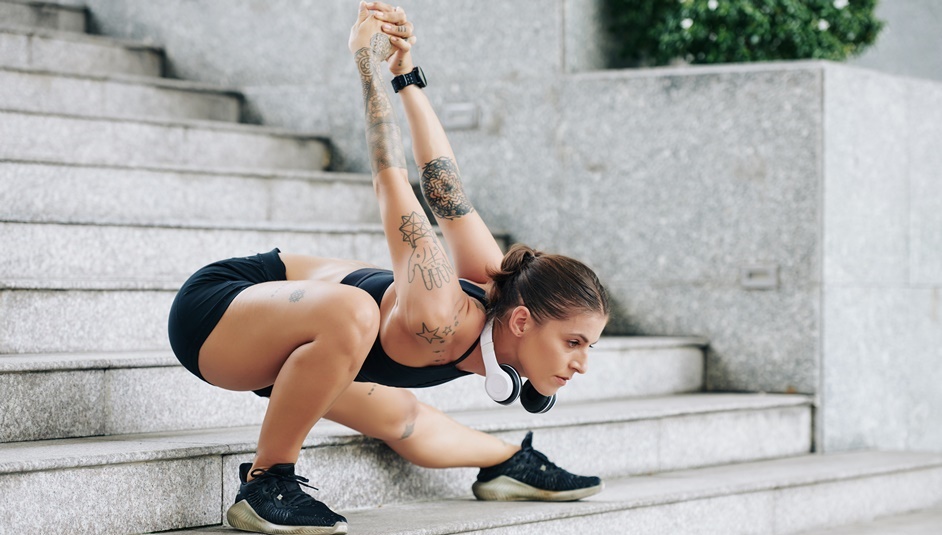
Mastering difficult routines in physical flexibility is a journey that requires dedication, proper guidance, and mindful practice. Whether you’re an athlete, dancer, or someone simply looking to improve physical well-being, the path to greater flexibility can be both rewarding and complex.
This article will explore the techniques and approaches that can aid in conquering demanding flexibility routines. From understanding the body’s mechanics and limitations to incorporating targeted stretches and exercises, we will provide a comprehensive guide. Safety will be our priority, as we discuss how to gradually increase flexibility without risking injury.
Unveiling Flexibility
Flexibility represents our body’s capability to flex, bend, and move without pain or resistance. It is an integral part of maintaining a fit and healthy body. Regularly focusing on enhancing our flexibility can lead to numerous health benefits. One of the greatest advantages is improved joint mobility and muscle function. But how do we master the complex routines in flexibility? Let’s find out.
In-depth Understanding
For the uninitiated, flexibility may appear to be a tough code to crack. However, a comprehensive understanding of it can change this perception. Flexibility is not about overnight transformation. Instead, it’s a continuous process. It’s about understanding your body and working with it rather than against it.
Taking Gradual Steps
Starting with simple, easy-to-do stretches can make a significant difference. It is unnecessary to immediately aim for the most advanced levels. Instead, make gradual progress. This approach ensures your body gets adequate time to adjust, preventing potential injuries.
Acknowledging Individual Limits
Every individual’s body responds differently to physical activity. Hence, it is essential to listen to your body while practicing flexibility routines. There’s no rush. Acknowledge your body’s limits and work towards extending those gradually.
Mastering the Intricate Routines
Attempting to master the most intricate flexibility routines may be perceived as a complex task. Here are a few pointers to help.
Comprehensive Preparation
Before you start, prepare your body adequately. Begin with a gentle warm-up to raise your body’s core temperature. This could involve light cardio exercises, which can effectively prepare your muscles for stretching.
Prioritizing Technique
It’s not about how far you can stretch but how well you do it. Prioritizing technique over intensity can yield better results and prevent potential injuries. Practicing correct posture and movements can help your body adapt to the routine more effectively.
Regular Practice
There is an adage that says, ‘Practice makes perfect.’ This holds true when trying to master intricate flexibility routines. Regular practice ensures your body gradually adapts to the movements, making them easier over time. For example, even the hardest stretches to perform can become easier with consistent practice.
Dealing with Challenges
Remember, encountering obstacles while trying to master complex flexibility routines is normal. You might face initial resistance from your body. However, consistent practice and patience will bring results over time.
Building on Success
As you progress and your flexibility improves, continue to challenge yourself with advanced routines. But always remember, it’s not a competition. Your goal should be personal progress.
Devising a Routine
A well-devised routine can expedite your path towards mastering intricate flexibility exercises. But how to devise one? Start by determining your needs and your body’s ability to respond to physical exertion. A blend of stretching exercises targeting various muscle groups could form a balanced routine. Incorporate both dynamic and static stretches for holistic improvement.
Introducing Progression
Progression is key when you’re working towards mastering intricate routines in flexibility. As your body starts to adapt to a certain level of exertion, it’s time to introduce progression. Add slightly more challenging stretches to your routine to ensure continual improvement.
Integrating Mindfulness
The role of mindfulness in improving flexibility is often overlooked. Focusing your mind on the body part you’re stretching can yield surprising results. It helps to connect your mind with your body, resulting in improved coordination and increased flexibility over time.
Regularity Is Essential
Flexibility training, much like any other physical training, calls for regular practice. It is through the repetition of movements that muscles develop memory, which in turn leads to improved flexibility. Regular practice can also help in achieving more consistent results.
Adequate Rest
Incorporating rest periods into your regimen is as important as the workouts themselves. It’s during these rest periods that your body recovers and rebuilds itself. Sufficient rest can also aid in preventing overuse injuries, making it a critical element of a balanced flexibility training routine.
Final Thoughts
Mastering intricate flexibility routines is indeed achievable with the right mindset, methodology, and perseverance. Patience is your ally in this journey. The transformation won’t happen overnight, but with regular practice and adherence to the aforementioned tips, you’ll surely witness progress over time. Continue to work on enhancing your flexibility, and over time, you will notice an improved quality of life and a stronger connection with your body.

